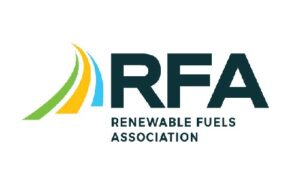India’s energy security and ethanol push praised by Hardeep Singh Puri

India’s fuel supply chain remained stable despite global tensions like Israeli strikes on Iran and Strait of Hormuz risks, thanks to diversified oil imports and strategic reserves. Minister Hardeep Puri highlighted India’s early achievement of 20% ethanol blending, saving ₹1.5 lakh crore in forex and boosting the rural economy. These steps reflect India’s focus on energy self-reliance and sustainability.
The minister pointed to critical global events like the Israeli strikes on Iran and the resulting threats to the Strait of Hormuz—a vital route for 20 per cent of global oil shipments—as moments that tested global energy stability. Despite these tensions, India’s fuel supply chain remained unaffected due to proactive steps taken in recent years. Puri highlighted how a significant portion of India’s oil imports now bypass the Strait of Hormuz, thanks to increased sourcing from Russia, the US, and other regions.
Given that India imports around 85 per cent of its crude oil, any spike in global oil prices could have serious economic consequences, including higher inflation and slowed growth. By diversifying suppliers and enhancing domestic infrastructure, the government has mitigated this risk.
Puri shared that India now operates 23 modern refineries with a total processing capacity of 257 million metric tonnes per annum. Additionally, the country has built robust storage facilities for strategic petroleum reserves, crucial for times of emergency. These reserves include 2.25 MMT of storage at Pudur, 1.33 MMT at Visakhapatnam, and 1.5 MMT at Mangalore.
The minister also celebrated India’s early achievement of the 20 per cent ethanol blending target, which was originally set for 2030. The country met this goal in early 2025, six years ahead of schedule. E20 petrol is now available at all retail fuel outlets of public sector oil companies including Indian Oil, Bharat Petroleum, and Hindustan Petroleum.
“This achievement not only reduces the country’s carbon footprint but also brings major financial savings,” Puri noted. He estimated that ethanol blending has saved India over Rs 1.5 lakh crore in foreign exchange by lowering oil imports, while injecting over ?1 lakh crore into the rural economy through ethanol procurement from farmers.
Puri concluded by reiterating that these accomplishments are a reflection of India’s drive towards self-reliance and environmental responsibility in the energy sector.
To Read more about Ethanol Industry & Bio Energy News, continue reading Agriinsite.com
Source : Daiji World
















